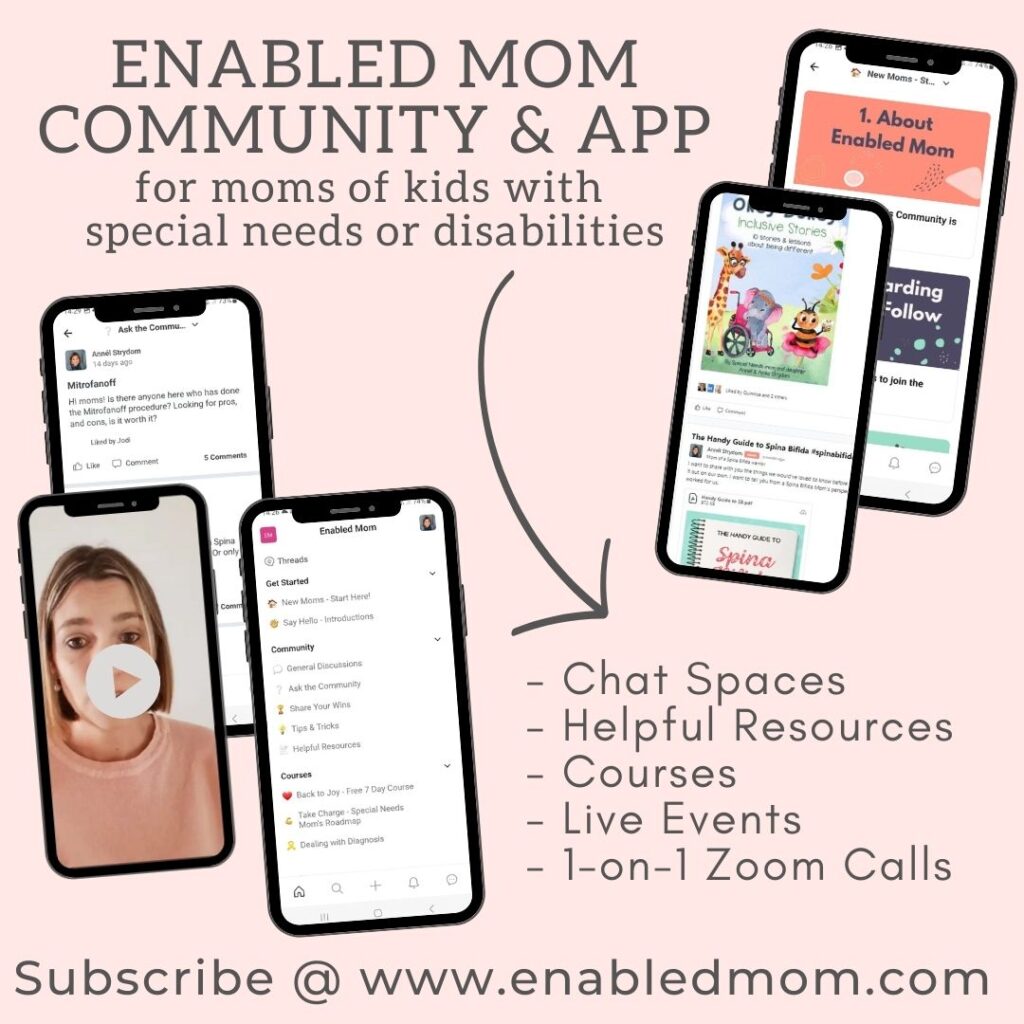Parenting a child with special needs or a disability comes with its unique challenges and rewards. One powerful tool that every parent possesses is the ability to use positive words to enhance their child’s self-esteem, confidence, and overall well-being. The impact of language cannot be underestimated, as it has the potential to shape a child’s perception of themselves and the world around them. In this blog post, we will explore how using positive words can significantly contribute to the development and happiness of children with special needs or disabilities.
1. Choose Your Words Carefully:
The words we use can have a profound impact on a child’s self-esteem. Instead of focusing on limitations, concentrate on their strengths and abilities. For instance, if your child is struggling with a particular task, encourage them by saying, “I see how hard you’re working on this! Your determination will help you achieve great things.” Positive reinforcement can motivate them to keep trying, even when faced with challenges.
2. Embrace Empowering Language:
Using empowering language can instill a sense of agency and control in your child. Instead of saying, “You can’t do this,” try saying, “Perhaps you can do it if you give it your best effort.” Only say this if you know that your child is capable of achieving it. This shift from a negative to a positive perspective can help your child develop a growth mindset, fostering a belief that they can improve with practice and perseverance.
3. Focus on Effort and Progress:
Celebrate your child’s efforts and progress, no matter how small. Acknowledge their achievements and emphasize the progress they’ve made rather than fixating on what they haven’t accomplished yet. This positivity can create a sense of accomplishment and motivate them to keep working towards their goals.
4. Encourage a Positive Self-Image:
Help your child develop a positive self-image by highlighting their unique qualities and interests. Use phrases like, “I love how creative you are,” or “Your kindness makes you a great friend.” This approach can nurture their self-identity and remind them of their inherent value.
5. Foster Resilience:
Children with special needs or disabilities may face more challenges than their peers. Teaching them to embrace challenges as learning opportunities and using positive language to discuss setbacks can help foster resilience. Say, “Mistakes are a natural part of learning,” or “You’re becoming stronger every time you face a challenge.”
6. Practice Active Listening:
Engage in meaningful conversations with your child. Active listening shows that you value their thoughts and opinions, boosting their confidence and sense of belonging. Reflect on their ideas and encourage them to express themselves without fear of judgment.
7. Be Patient and Understanding:
Using positive words extends beyond verbal communication. Your tone, body language, and facial expressions also play a vital role in conveying positivity. Practice patience and understanding, and offer a safe space where your child feels loved and supported.
8. Create Affirmations:
Affirmations are powerful tools for building self-esteem. Collaborate with your child to create positive affirmations that resonate with them. For instance, “I am strong, capable, and loved,” can remind them of their strengths on a daily basis.
9. Lead by Example:
Children often learn through observation. Demonstrate the power of positive language by using it in your own life. When you speak positively about yourself and others, your child is more likely to adopt a similar approach.
10. Celebrate Uniqueness:
Embrace and celebrate your child’s uniqueness. Help them see that diversity is a beautiful aspect of humanity.
In conclusion, the use of positive words can profoundly influence the development and well-being of children with special needs or disabilities. By choosing your words carefully, fostering a positive self-image, and celebrating their achievements, you can empower your child to navigate life’s challenges with resilience, confidence, and a deep sense of self-worth.
Remember, your words have the power to shape their journey towards a brighter and more fulfilling future.




